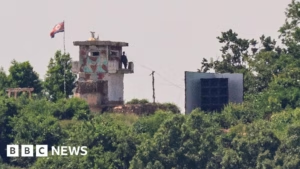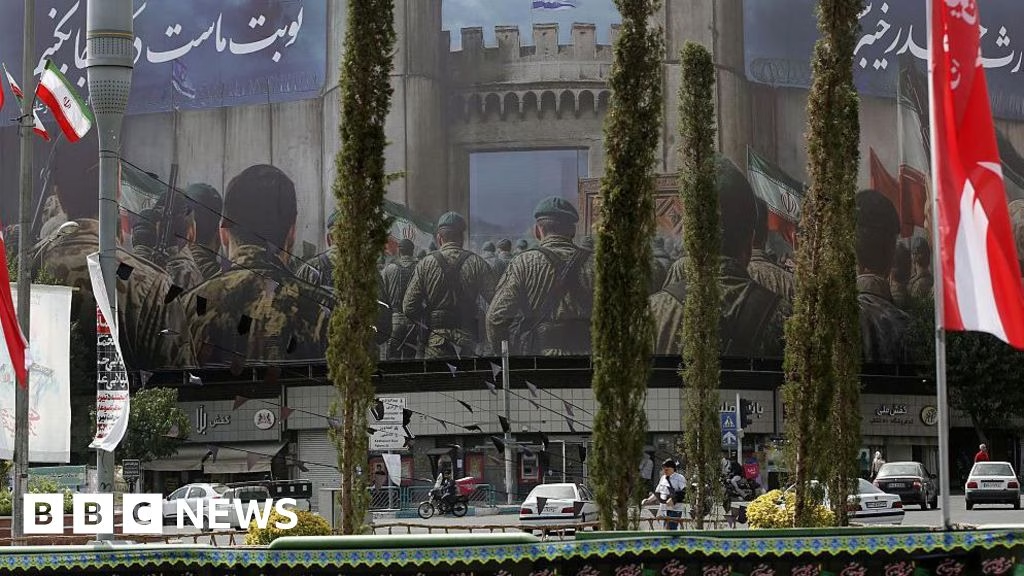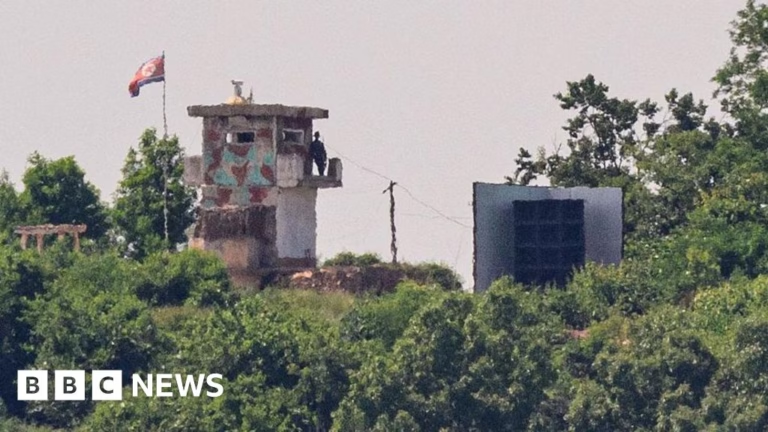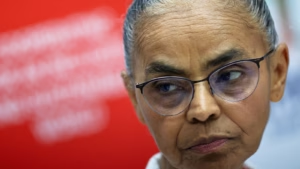Authorities in Iran have initiated a series of aggressive actions, including widespread arrests and multiple executions, targeting individuals believed to be connected to Israeli intelligence agencies. This crackdown follows what officials describe as an unprecedented level of infiltration of their security services by Israeli agents. Authorities suspect that information passed to Israel may have played a crucial role in the assassinations of important figures, including senior commanders from the elite Islamic Revolutionary Guard Corps (IRGC) and nuclear scientists, which Iran attributes to Mossad operatives working covertly within the country.
Disturbed by the efficiency and accuracy of these assassinations, the regime has aggressively pursued anyone suspected of collaborating with foreign intelligence services, justifying these actions as necessary for national security. There is, however, significant concern that these measures are also intended to silence dissent and to further tighten control over the population.
During the recently concluded 12-day conflict, Iranian authorities executed three individuals accused of spying for Israel. The day after the ceasefire, three more were executed on similar charges. Since then, there have been announcements about the arrest of hundreds of suspects across the country for espionage. State-run television has shown alleged confessions from those detained, claiming their involvement with Israeli intelligence.
Human rights organizations and activists have expressed deep concerns over these recent developments, pointing out Iran’s history of extracting forced confessions and conducting trials that lack fairness. Many worry that more executions could follow.
Iran’s Ministry of Intelligence is framing these actions as a relentless battle against Western and Israeli intelligence networks, naming the CIA, Mossad, and MI6 as targets. According to the Fars News Agency, affiliated with the IRGC, since Israel’s attack on Iran on June 13, the Israeli spy network has been highly active within the country, with Iranian intelligence and security forces arresting over 700 individuals linked to this network during the conflict.
In addition to these measures, the Iranian government is increasing pressure on journalists working for Persian-language media outlets abroad, including BBC Persian, Iran International, and Manoto TV. There are reports of the IRGC detaining family members of journalists to pressure them into resigning due to the outlets’ coverage of the Iran-Israel conflict.
After the conflict’s onset, threats against BBC Persian journalists and their families escalated. Iranian security officials have reportedly claimed that in a wartime context, they are justified in targeting family members as hostages. They have also accused journalists of being “mohareb” (warriors against God), a charge potentially punishable by death under Iranian law.
Manoto TV has faced similar intimidation tactics, including threats against employees’ families and pressure to sever ties with the outlet. Some relatives have been threatened with severe charges such as “enmity against God” and espionage, both of which are punishable by death in Iran.
Analysts consider these tactics part of a broader strategy to silence dissent and intimidate the opposition. Security forces have detained activists, writers, and artists, often without clear charges, and there are reports of arrests targeting families of those killed during the “Woman, Life, Freedom” protests in 2022. This suggests a campaign aimed at both current activists and those connected to past dissent.
During the war, the Iranian government significantly restricted internet access, and even after the ceasefire, full access has not been restored. Restricting internet access, particularly during nationwide protests, has become a common strategy in Iran. Most social networks and news websites, including BBC Persian, are blocked without the use of a VPN.
Human rights advocates and political observers draw parallels to the 1980s, when the Iranian authorities suppressed political opposition during the Iran-Iraq War. There is a fear that, faced with weakened international standing after the conflict with Israel, the Iranian authorities may resume mass arrests, executions, and heavy-handed repression.
Critics point to the events of 1988, when supposedly thousands of political prisoners, many already incarcerated, were executed as part of secretive, brief trials conducted by “death commissions.” Most victims were interred in unmarked mass graves.
Source: https://www.bbc.com/news/articles/ce8zv8j563po








